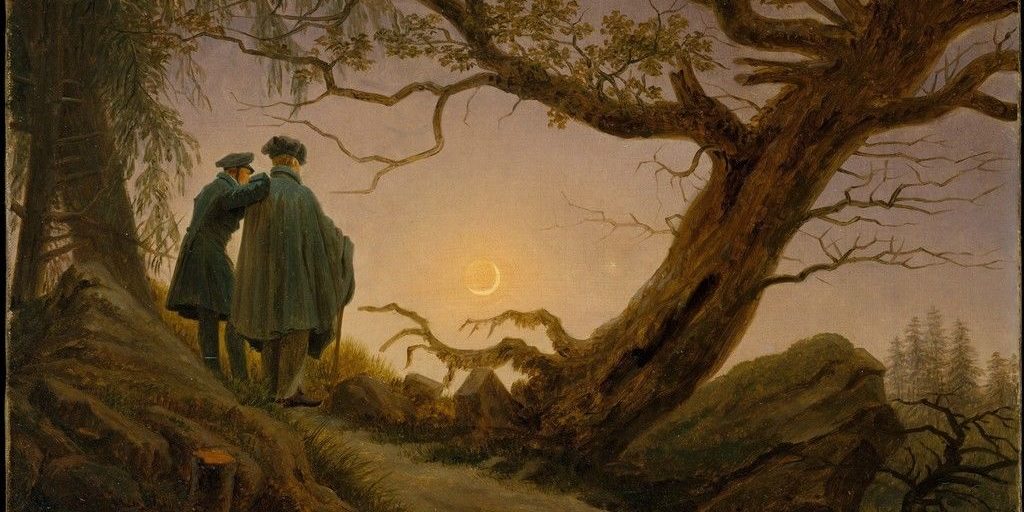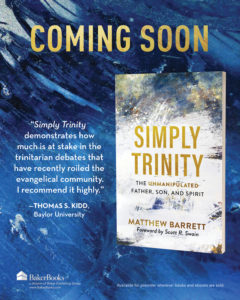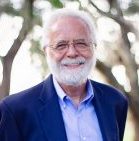
The Escape: God’s Wrath and the Shorter Westminster Catechism
The following post is the fourth entry in a series written by Randall Greenwald on the Shorter Westminster Catechism. Click here to read: part one, part two, and part three. Today, Randall shares an excerpt from his new book, Something Worth Living For: God, the World, Yourself, and the Shorter Catechism (Christian Focus, 2020).
 Q. 85. What does God require of us that we may escape his wrath and curse due to us for sin?
Q. 85. What does God require of us that we may escape his wrath and curse due to us for sin?
A. To escape the wrath and curse of God due to us for sin, God requires of us faith in Jesus Christ, repentance unto life, with the diligent use of all the outward means whereby Christ communicates to us the benefits of redemption.
Our son, Colin, Barb, and I were hiking a trail on the southernmost tip of the island of Hawaii. Though spread out far enough that we could not see each other, we were confident that each knew the way so none of us worried. We walked silently, engrossed in the remote beauty of the place. Colin was so engrossed that he missed the turn that led to our car. The maze of paths led him deep into the wilderness scrub before he became aware that he was lost. Night was falling, and when he realized that he was lost (though he may not have been aware of his genuine danger), he was overwhelmed, disoriented, and desperate.
The Catechism exposes the engrossing beauty of the person of God and the wonder of His ways. But it also alerts us to our lostness in the face of a rapidly approaching night. It summarizes for us the high expectations of the holy God and lays those expectations on all. There are none who do not sin. Though some sins are more heinous than others, no sin, no matter how seemingly inconsequential to us, escapes the judgment of God.
This brew has a bitter, terrible taste. And yet, when we drink these truths deeply, we find mercy. For only when we are persuaded of our lostness will we seek a way out and accept a rescue before night falls.
That there is a way out the Catechism has established in its discussion of Christ as our redeemer. God has provided for our otherwise impossible rescue through His Son. The way out of our lostness for those whom God has effectually called is to ‘embrace Jesus Christ.’ The Catechism exposes the engrossing beauty of the person of God and the wonder of His ways. But it also alerts us to our lostness in the face of a rapidly approaching night. Click To Tweet
That is all, and there lies the true wonder of Christianity. To find our rescue, we need perform no heroic works. No demand is made that we atone for past sins. It is Christ who has provided the atonement and done the works. It remains for us only and solely to embrace Jesus Christ. The Catechism teaches here that “embracing” Him is a step of faith and repentance, practiced through gracious means that bring our sinful hearts into union with the pure and righteous Christ. Don’t be troubled that you don’t quite yet understand what all this means. In what follows, the Catechism explains all of this. The point here is simply this: to those who are lost, no matter how far they have strayed, and no matter how deeply they comprehend their danger, in Christ there is escape. There is a way out.
Colin found a lone person in the desolate waste of his lostness. This person pointed to a distant windmill farm and told him to stop going the way he was going and to walk toward the windmills. In trusting this redirection, he was reunited with his trembling parents and escaped his life-threatening danger just as the sun set over the Pacific. This is all that God requires of us. We are to trust the gospel’s redirection. We turn our backs on the way we are going and aim toward Jesus. In that direction, and in that alone, lies the escape we seek, the rescue we need.

